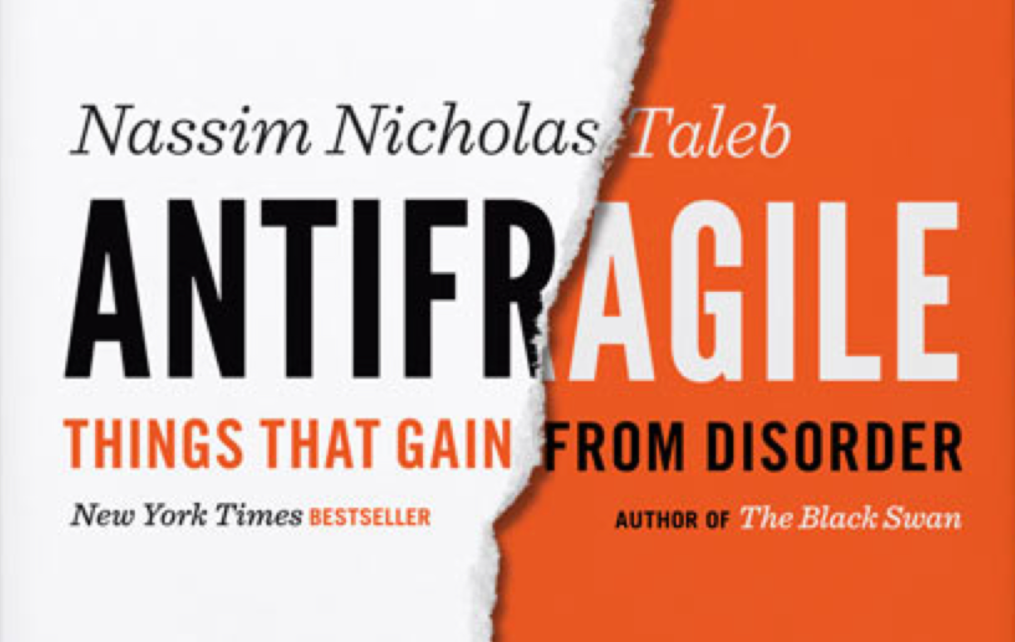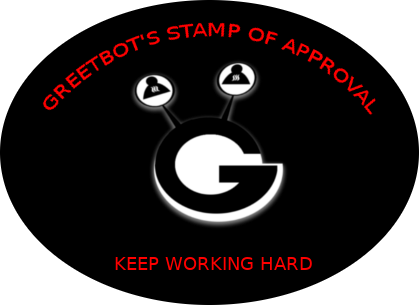Cryptoeconomics: A Brief Discussion.
Cryptoeconomics: A Brief Discussion
andrarchy (70) in money • 20 hours ago
Despite having spent many years studying economics, I've long believed that "cutting your teeth" in cryptocurrencies is in many ways superior to studying economics at all. Granted, this is partly due to the dismal state of macroeconomics and the mainstream's insistence on building their macroeconomic models on top of microeconomic assumptions. And this is precisely why diving head first into cryptocurrencies has certain advantages.
Iatrogenics and Economics
In his book Antifragile, Nassim Taleb points out that, up until the 20th century, anything that prevented you from going to a doctor improved your odds of surviving. That's because for most of its history the medical profession did more damage than good. If this is hard to believe, bear in mind that deaths due to hospital-related errors are still the 3rd leading cause of death in the United States. This isn't to say that one should see doctors or use hospitals, just that sometimes doing nothing is actually better than doing something, even when that something is seeing someone people believe to be an expert.
In the same way, trying to understand investing by listening to economists is about as good an idea as treating syphilis with mercury. Instead "just doing" is often a better approach and cryptocurrencies are an interesting opportunity for doing that with relatively low risk. What I'm certainly not saying is that people should invest their life savings into tokens in the hopes they will "moon." One of my most oft cited reasons for loving steemit is that it enabled me to invest by contributing labor--by doing things I wanted to do anyway. The fact that you can learn, grow, and gain exposure while earning tokens that you can trade for other tokens is a paradigm shift that few yet understand or appreciate. I didn't sacrifice anything, I grew as a person and a creator, and in exchange for that I received money. You can then treat those tokens as "play money" that you use to experiment, learn, develop hypotheses, test your assumptions, etc. That's going to get you much farther than even a PhD in macro.
Understanding Money
More importantly, deep diving into cryptocurrencies forces you to learn about a phenomena that is rarely even discussed in the mainstream of economics: money. Mainstream economics effectively treats banks and money as if they don't exist. They are simple intermediaries like any other. For this reason, their importance is seen as insignificant. However, more and more people, especially ordinary people with common sense not what Taleb refers to as "Intellectual-Yet-Idiots," are coming to understand the fault in this logic. Many of these people founded this movement that we are involved in. We understand the importance of money, but not just that, we understand the importance of experimenting with it. Of experimenting with token emission rates. Of experimenting with hard caps and soft caps and what I refer to as "token distribution mechanisms." If you'd like to learn more about my views on money, check out the following video:
Smart Media Tokens
This idea of experimentation is also one of the things that excites me so much about our upcoming Smart Media Tokens protocol. Many make the mistake of thinking that the idea is for everyone to launch a Smart Media Token that immediately acquires massive value. Obviously that would be amazing, and we're going to do everything we can to set up developers for success, but that's not the same standard we apply to other tokens like the US Dollar. The US economy functions despite 90% of startups failing. Token systems (or as I like to call them "productivity point systems") are not designed to ensure success for all participants--at least not good ones.
Good token systems are designed to maximize experimentation. Every potentially productive enterprise should be able to integrate the token so as to increase their odds of success. The problem with the US Dollar is not the failure rate of startups, it's the limitations it has with respect to what types of enterprises it can be integrated into. Want microtransactions? No can do. Want fee-less transfers? No can do. Want to connect money to actions (like upvotes) no can do.
This also highlights what many people within our industry get wrong. If your goal is to replace the dollar, I think you're kind of missing the point. What's so revolutionary about what we're doing isn't that we're making a "better dollar" it's that we're monetizing entirely new things. We're creating money that can do things the dollar never could. We are not competing against the dollar inside the old economy, we are developing entirely new economies, monetizing value that had previously been ignored because the dollar was useless in that respect. This is why Smart Media Tokens are so potentially revolutionary: because they will give anyone the ability to launch their own hyper-efficient money, customize the most critical properties, and monetize entirely new behaviors and actions. Some efforts will fail, but the information we gain from those failures--in addition to the successes--will be priceless. And all of this is powered by the Steem blockchain.
Resteemed by @resteembot! Good Luck!
The resteem was payed by @greetbot
Curious?
The @resteembot's introduction post
Get more from @resteembot with the #resteembotsentme initiative
Check out the great posts I already resteemed.
Hi. I am @greetbot - a bot that uses AI to look for newbies who write good content.

I found your post and decided to help you get noticed.
I will pay a resteeming service to resteem your post,
and I'll give you my stamp of automatic approval!